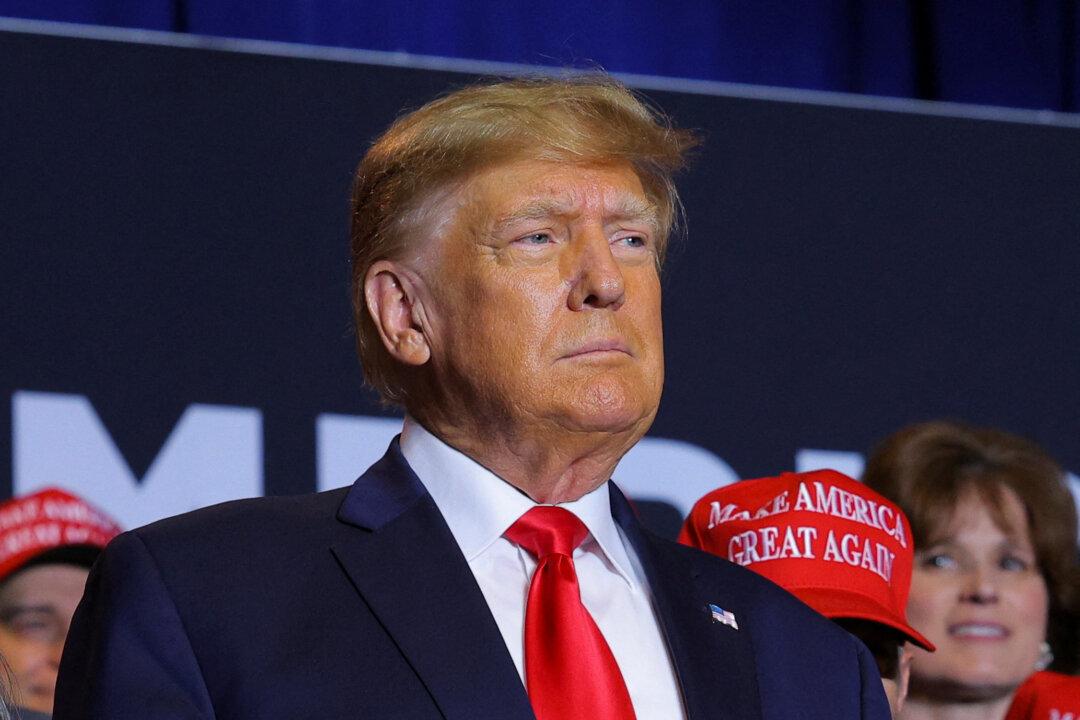Attorneys for former President Donald Trump argued that the gag order issued by a federal judge in Washington, was neither “narrow” nor “tailored” and cited reasoning as others’ potential actions rather than any harm the former president could bring himself.
On Saturday, the brief was filed in response to the Department of Justice’s opposition to lifting the gag order while President Trump appeals it.





